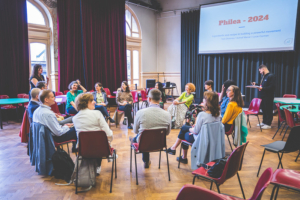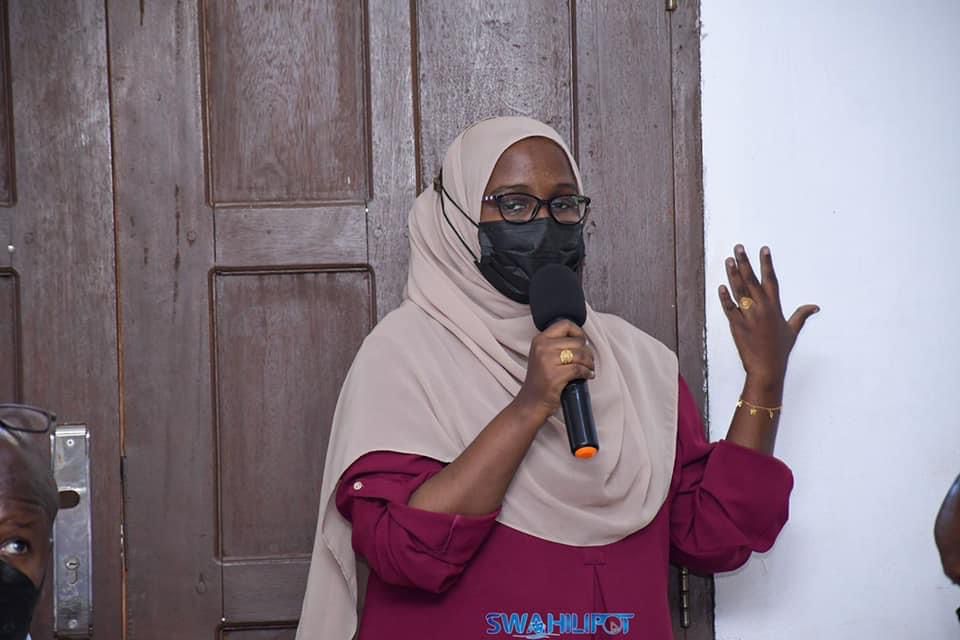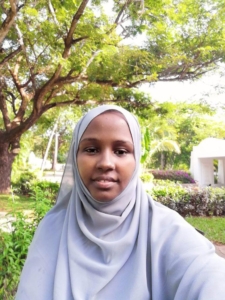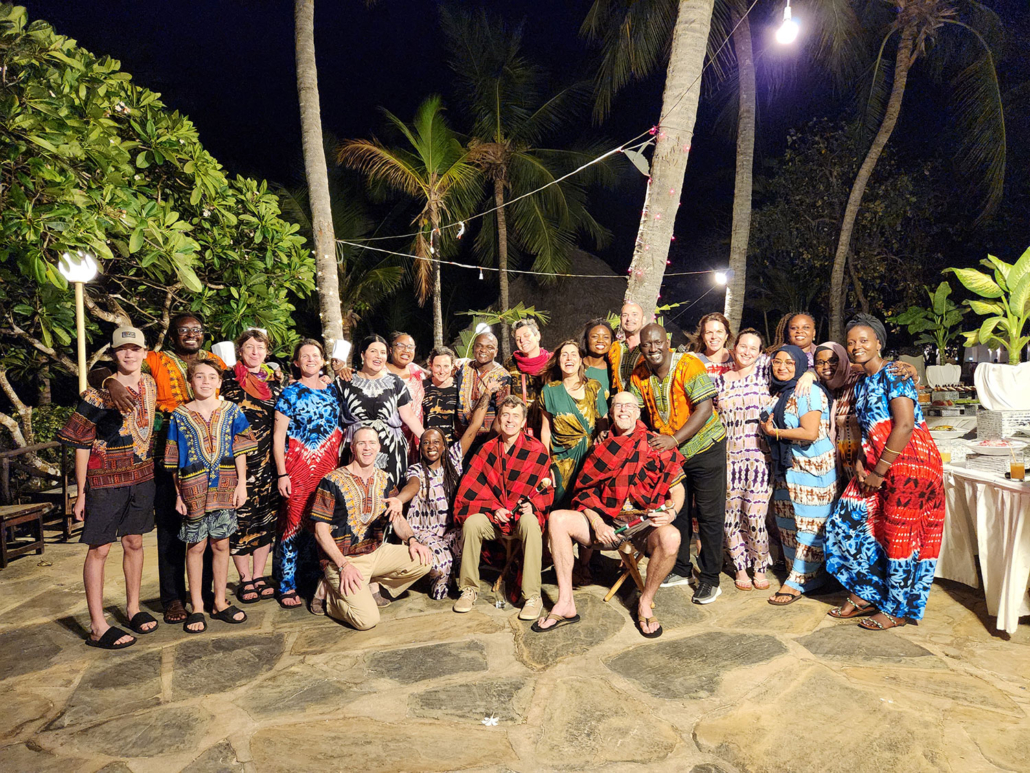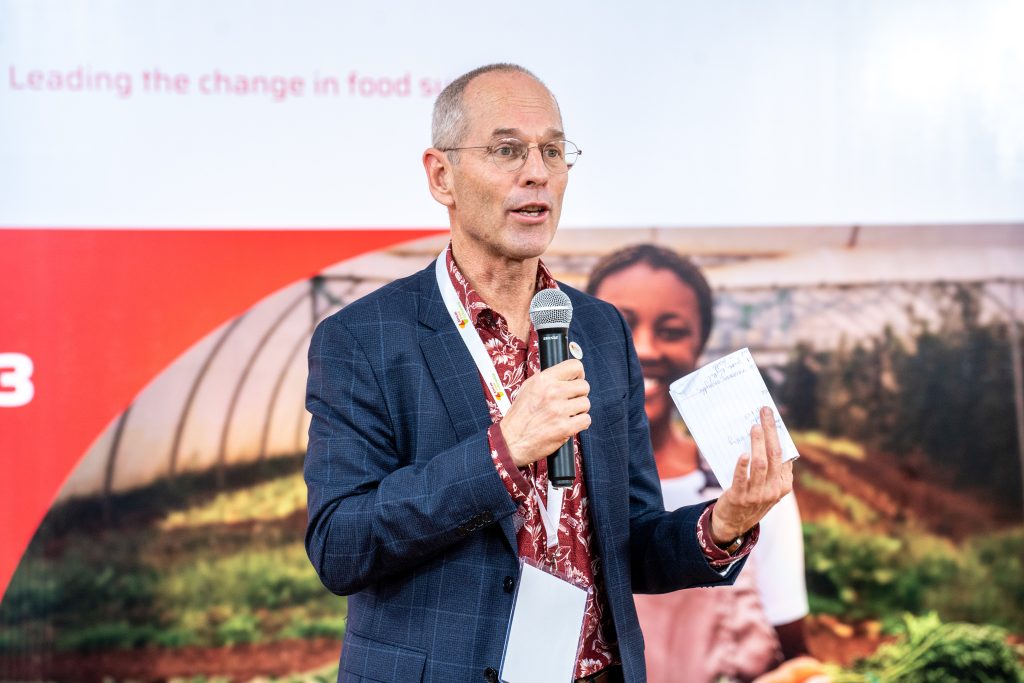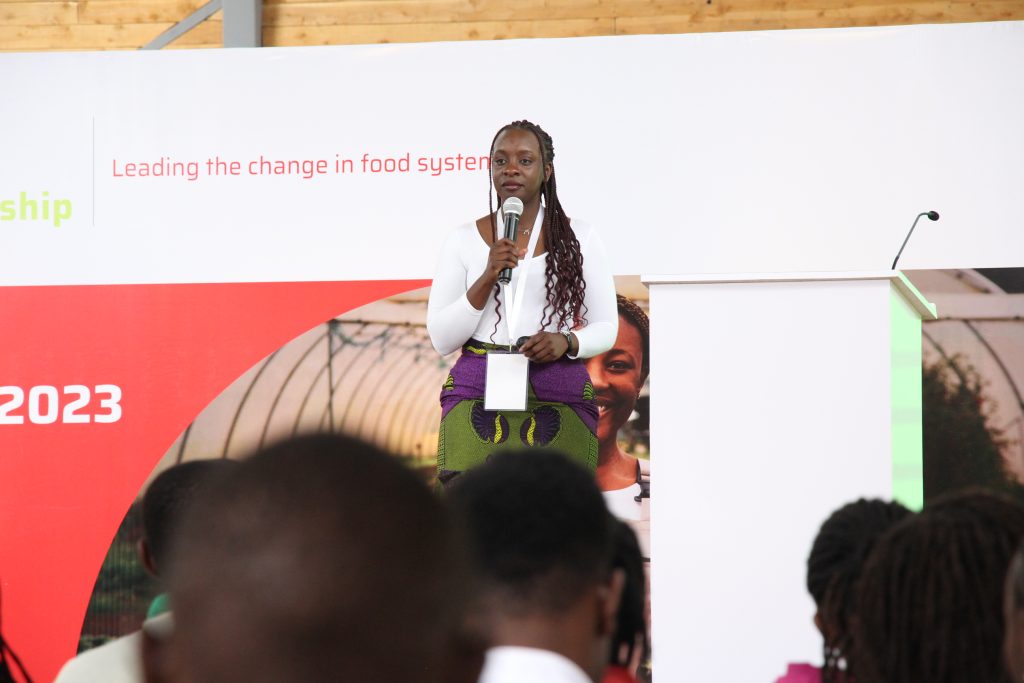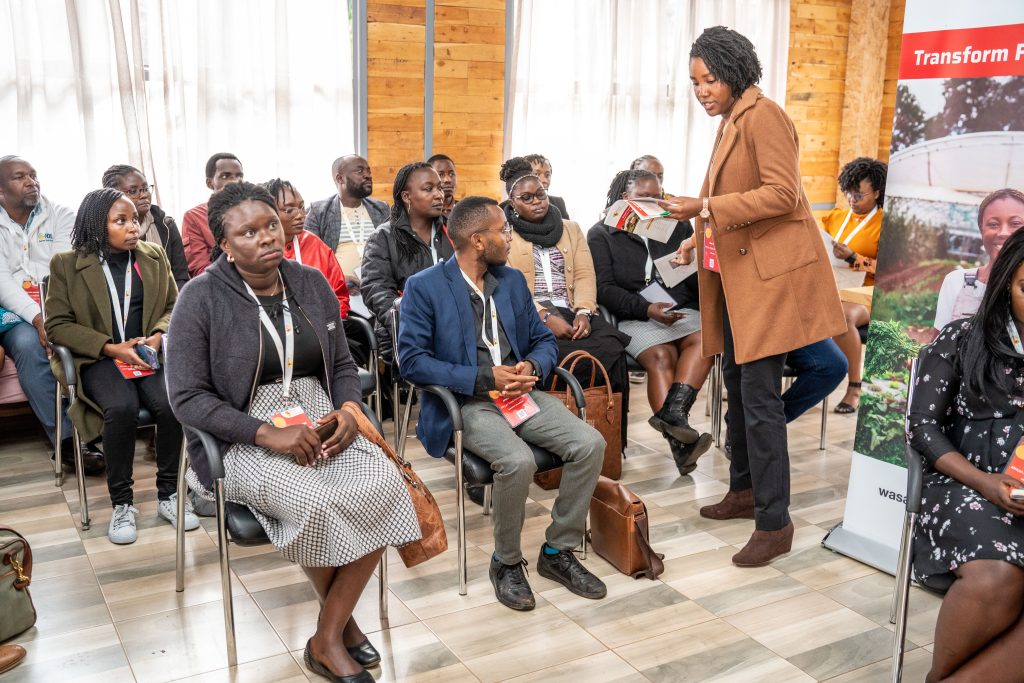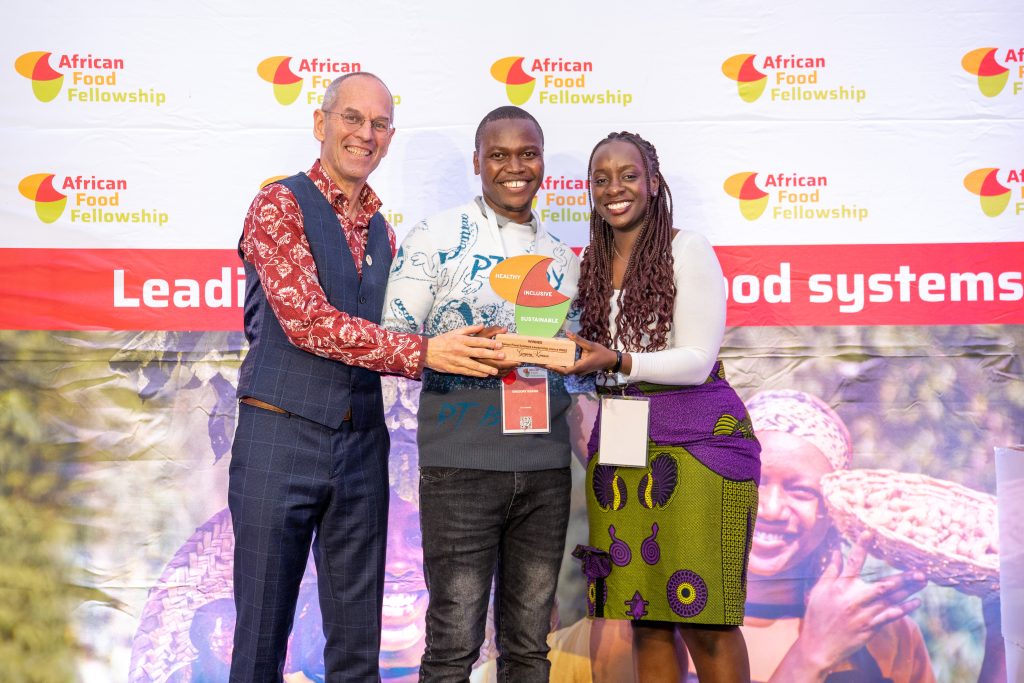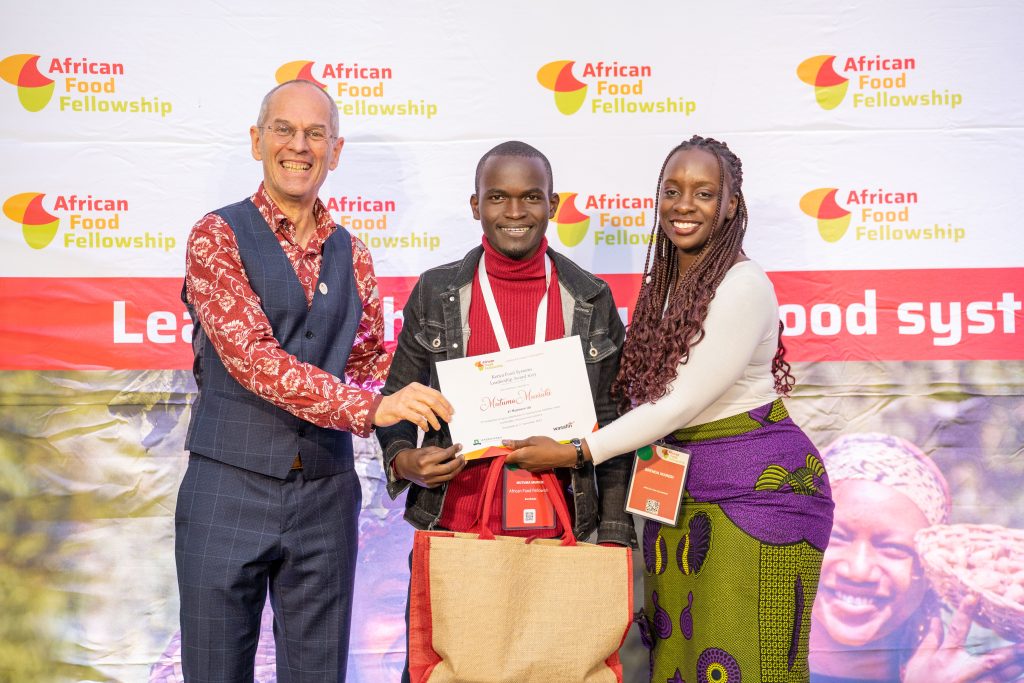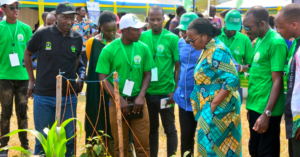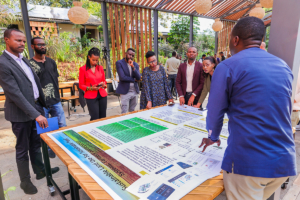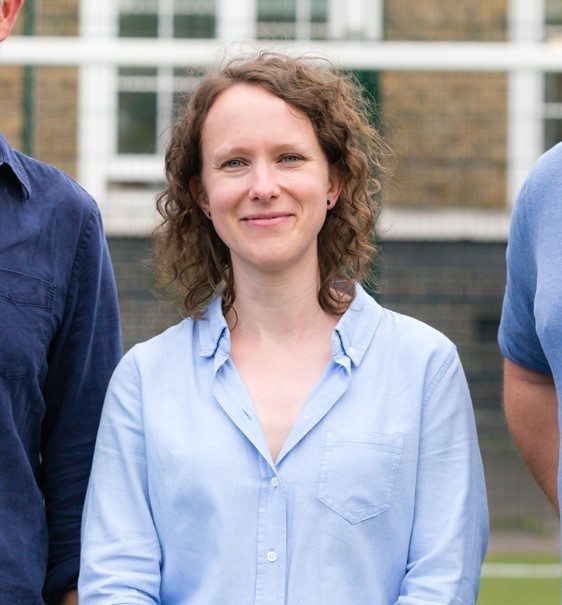How can philanthropies drive systems change together?
How can philanthropies drive systems change together?
Latest posts
Share:
Systems change approaches offer the chance to accelerate impact but can be challenging to implement.
Every year philanthropic foundations spend billions of dollars to have an impact on complex issues related to food, climate, nature, poverty, health, peace and nutrition. And yet, despite much positive impact, the underlying causes of these issues persist.
Systems change approaches that are built to work with complexity, interdependence, emergence and the ever-present power dynamics that create inequality offer a way for foundations to tackle the underlying causes of the problems they care about. And consequently, many leading organisations are exploring and adopting them.
Each philanthropic organisation that embraces systems change is on a learning journey. They are codifying new language, analysis frameworks, and leadership forms. As we have worked with a growing body of philanthropists, we have come to recognise some common struggles, and the opportunity to learn faster by learning together.
Challenges shared by philanthropies that practice systems change
Strategic focus: Funding portfolios are often delineated by technical themes such as agriculture, gender, climate, or livelihoods. Yet these are entangled in the real world. How might philanthropic organisations support interventions layered together to achieve transformative impact? How can they set strategic boundaries that ensure discrete work delivers impact within indiscrete systems?
Working with grantees: Grant recipients often seek immediate impact on an issue and can lack the tools and motives to work on underlying conditions. How can philanthropies guide and support them in pursuit of systems change?
Power: Power inequalities underpin most systemic issues. How can philanthropies apply their funds in ways that rebalance these? How can they harness or even cede their high-level influence in ways that elevate the disenfranchised?
Collaboration: System change can take decades, yet funding cycles are measured in years. How can philanthropies structure collaboration that ensures support beyond their individual timeframes and mandates? How can they operate as an ecosystem in ways that catalyse rather than capture impact?
Monitoring, evaluation and learning: System change embraces emergence, experimentation, and agility. So, how can MEL focus on dynamically improving impact more than doggedly proving impact?
The response to each of these challenges may be different for different foundations, but there is much that they can learn from one another.
If we are going to realise the speed scale and lasting impact that systems change approaches offer – then we need to learn fast and we need to learn together.

